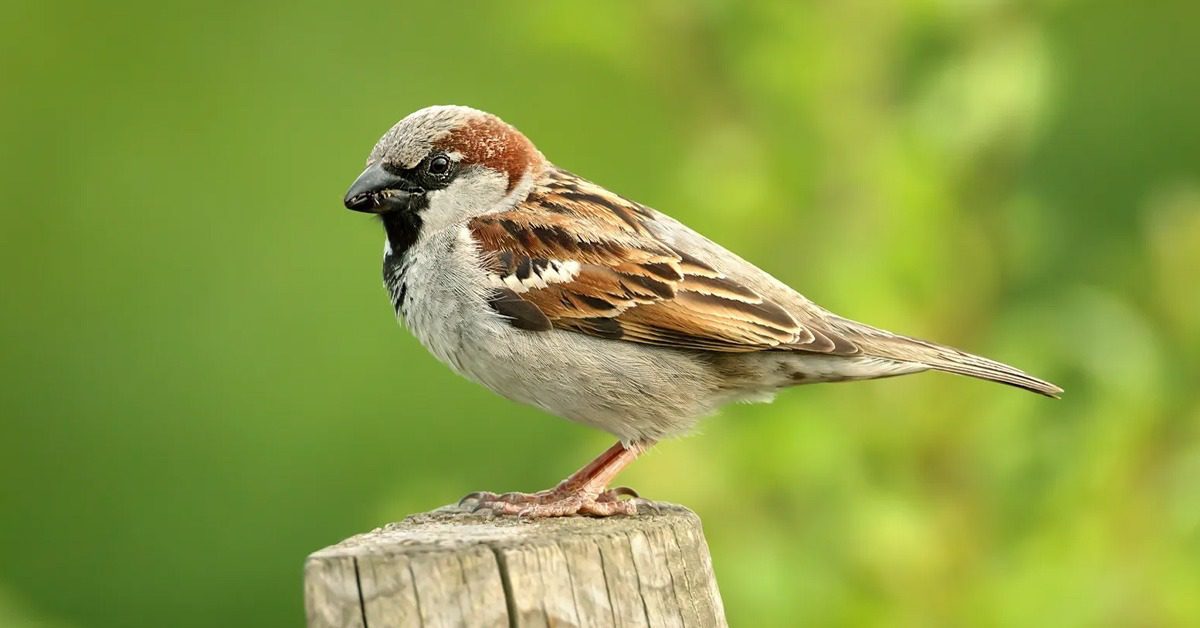On Sunday, wildlife authorities initiated a drive to count sparrows in Karachi, the country’s largest metropolis, since the bird is rapidly vanishing from the air.
The initiative will focus on certain urban and suburban destinations for local sparrows in the 20 million-person city.
Joined by bird enthusiasts and divided into groups, wildlife workers took positions at possible sparrow hotspots, photographing and documenting the birds’ activities.
The bird count findings will be revealed on March 20, according to Javed Mahar, a conservator with Sindh’s wildlife department.
Along with large South Asian cities such as Mumbai, Kolkata, Dhaka, and Lahore, Karachi has a combination of gleaming skyscrapers, bustling retail malls, shanty slums, and severe traffic congestion.
Once a natural refuge for birds, the metropolis has lost its valuable biodiversity not just to the ravages of time, but also to rising human impact.
The lack of sparrows indicates bad air quality.
According to Muhammad Moazzam Khan, technical adviser for the WWF Pakistan chapter, the sparrow population in Karachi has decreased by 60% to 70% during the last two decades.
In the last two decades, the number of urban birds, mostly house sparrows, in major South Asian cities has suffered greatly as a result of habitat alteration caused by uncontrolled urbanization and pollution.
Aside from Karachi, the region’s most polluted cities include Lahore, Peshawar, Rawalpindi, and Faisalabad.
Lahore and Karachi, together with India’s capital New Delhi, commercial city Mumbai, Kolkata, and Bangladesh’s capital Dhaka, have led the daily rankings of the world’s most polluted cities this winter, owing mostly to recent decades of rising industrialization and unplanned urbanization.
Instead of sparrows, which are also air quality indicators, human-friendly birds such as kites, crows, and mynas have taken up residence in these cities’ sky.
“The presence of sparrows in high numbers indicates healthy air quality. “If they leave a place, it simply means that the quality of the environment has deteriorated dramatically,” Khan explained.

